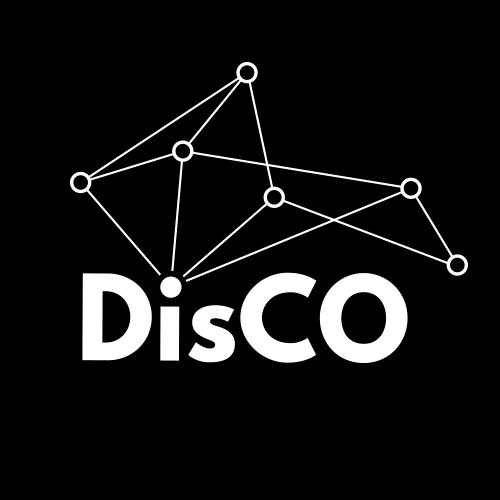173 reads
Take your time, do it right: Commons Governance
by
March 10th, 2021

DisCO is a P2P/Commons, cooperative and Feminist Economic alternative to DAOs. Check out DisCO.coop
About Author
DisCO is a P2P/Commons, cooperative and Feminist Economic alternative to DAOs. Check out DisCO.coop
